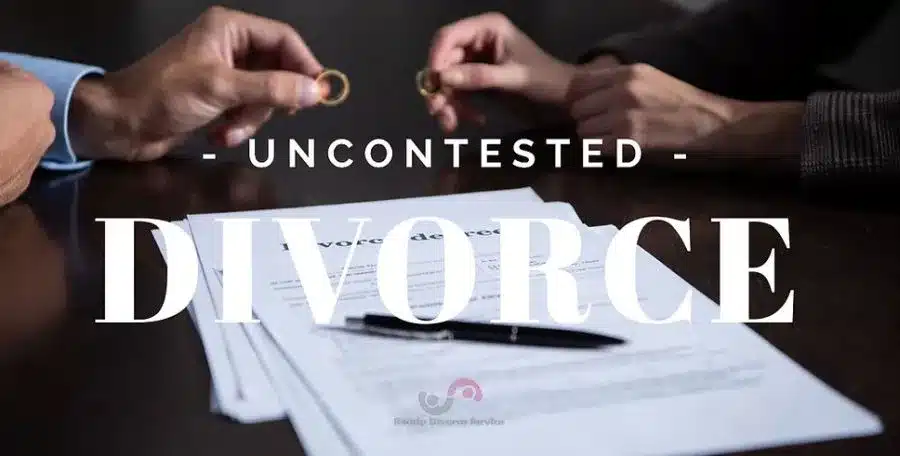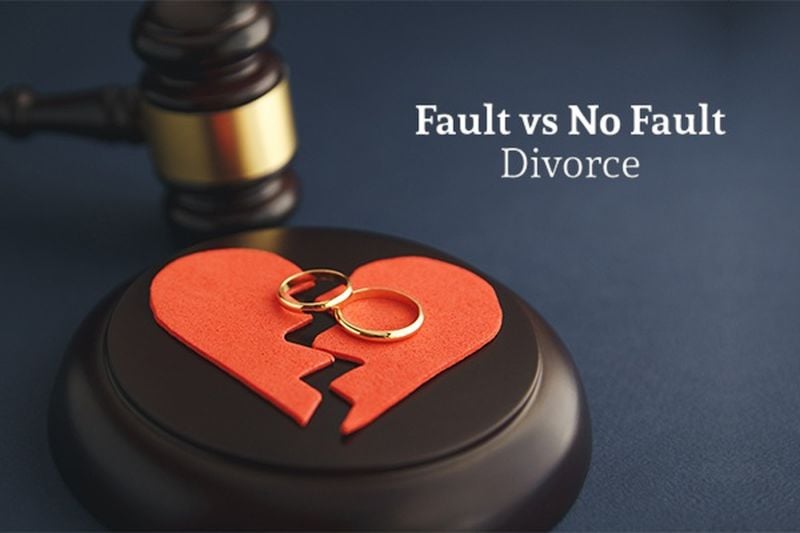The Divorce Mediation Process
Although every mediator will have their own style, the general process of mediation is pretty consistent.
Before Mediation
Before the mediation, you might speak with the mediator or an assistant and provide background information about your marriage, your family, and the issues in your divorce. Or your mediator might have you fill out a questionnaire. The mediator might also ask you to write up a “mediation statement” outlining your basic information and the divorce-related issues you think need to be resolved.
The mediator might also ask you to sign an agreement that says that you’ll keep what’s said in the mediation confidential and that you understand that the mediator can’t disclose any of what goes on in your session in court.

During Mediation
Unless you do online mediation, mediation sessions are usually held in a conference room or comfortable office. Some mediators meet with everyone in the same room for the entire mediation, while others might break the spouses out into separate rooms for private discussions. For couples who have attorneys with them at mediation, the mediator might ask to meet privately with both sides before beginning the session.
After the mediator takes care of housekeeping issues such as the agenda for the session, you’ll probably get a chance to make a short statement about your situation, as will your spouse. After you’ve each had a chance to speak, the mediator might ask some questions to clarify or get more information. Your mediator might repeat or summarize your points to confirm that they understand what you’re trying to say.
The next step will be to figure out what issues you and your spouse really agree and don’t agree on.
The two most important things you can do to reach an agreement are to:
- be open to compromise and
- listen to (and try to understand) your spouse’s point of view.
Understanding your spouse’s position doesn’t mean you have to agree with it. But it’s possible that, once you’ve listened closely to your spouse’s concerns, you’ll have new ideas about how to resolve disagreements.
Completing the Agreement
If you finish negotiations and resolve some or all of your divorce-related issues, the mediator will write an agreement and, in many cases, a parenting schedule or parenting plan. Your settlement agreement will include only the topics that you resolved during mediation. (If you aren’t able to agree on all the topics, you’ll have to either agree on the unresolved issues later or ask a court to decide them after a court hearing.)
Some mediators will help you file divorce your paperwork with the court; others won’t (You’ll want to ask potential mediators about the scope of the services they provide.)
If the court approves your settlement agreement, the agreement will become part of the final divorce decree. You can then enforce the terms of the settlement agreement just as you would any other order from a court.
How to Get Started with Divorce Mediation
Unless a judge orders you and your spouse to attempt mediation, divorce mediation is voluntary. That means you and your spouse will have to agree to mediate. If your spouse is on board, your next step is to find a knowledgeable, skilled divorce mediator.
When a judge orders mediation, you meet with a court-appointed mediator or, if the court allows it, a private mediator of your own choosing. If you’re trying mediation on your own, though, you and your spouse will have to find a mediator you both agree to. One way to possibly avoid argument over the choice of mediator is to research potential mediators on your own and pick three that you’d be willing to hire. Then you could present the list to your spouse and let them make the final choice.
Personal recommendations are a great way to find qualified mediators. For example, you could ask a marriage counselor, a lawyer, or friends who’ve been through a divorce for referrals. Other sources for mediator referrals include:
- Online mediation services. If you’re thinking of mediating your divorce online, finding a mediator is as easy as deciding on a service provider.
- Your local courthouse. The court clerk might have a list of court-appointed mediators who have practices of their own and are willing to take on private clients.
- Your state court’s administration office. The office that oversees all the courts in your state might have a list of approved mediators. Check your state judiciary’s website or give the office a call.
- Your state or county bar association. The “bar” is a professional organization of lawyers. Your state or county bar association might maintain a list of qualified mediators. (Mediators recommended by the bar probably are lawyers—more on that below.)
- National mediation or family law organizations. The Academy of Professional Family Mediators, the National Association of Community Mediation, and the National Academy of Distinguished Neutrals are just a few of the many organizations where you can find mediators.
If you make a list of potential mediators, you’ll want to research each person’s experience and specialty. At a minimum, you should make sure that they are experienced in divorce mediation (and if you have children, cases involving child custody and support).
Mediators can have a variety of backgrounds—for example, they can be lawyers, CPAs (certified public accountants), social workers, or other people with specialized training. The best mediator for your divorce will have experience helping spouses who face issues similar to the ones you and your spouse are dealing with.
Many mediators will agree to meet with you in person or on the phone to explain their process and answer any general questions you have. Before you talk with potential mediators, take a look at their websites and make a list of any questions you have.
Read More: The Most Common Reasons for Divorce in Texas
Looking for more advice about divorce? Here are a few of our favorite resources:





